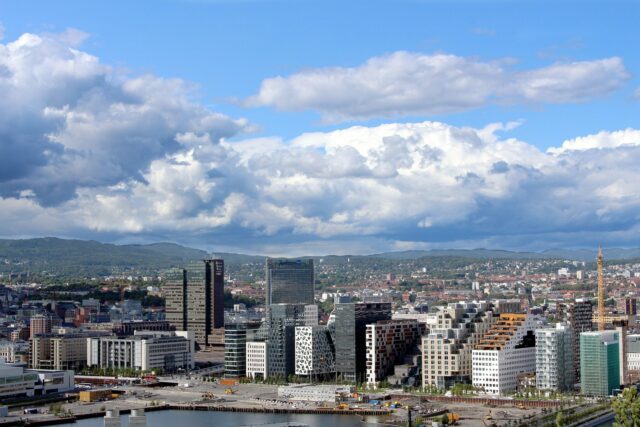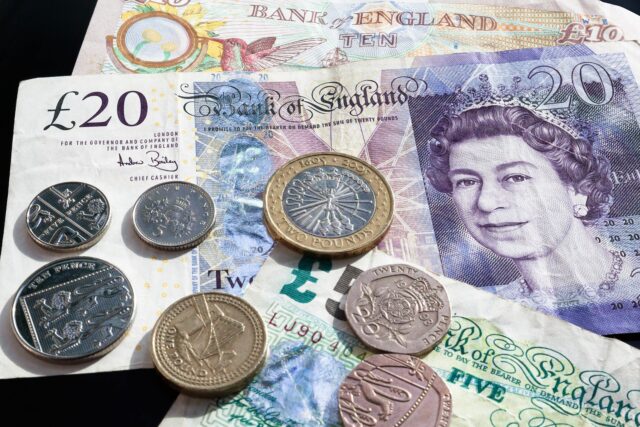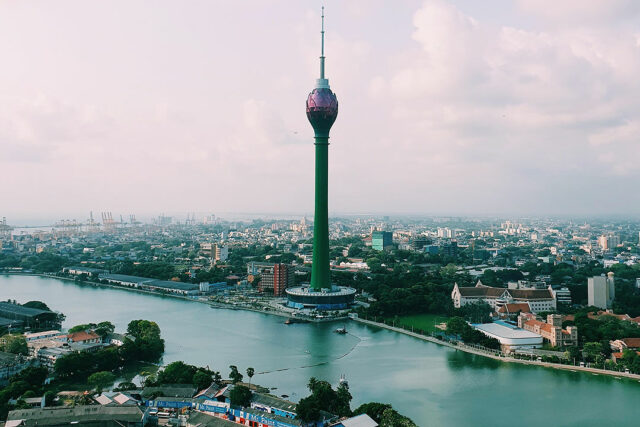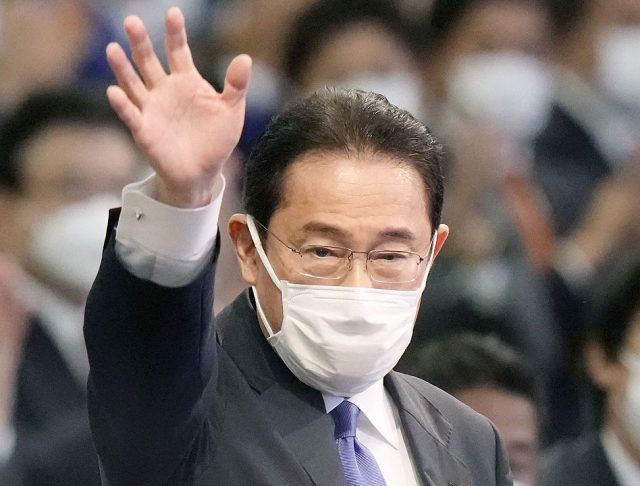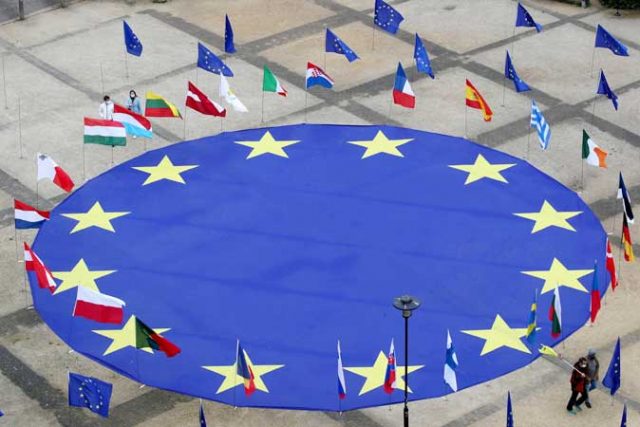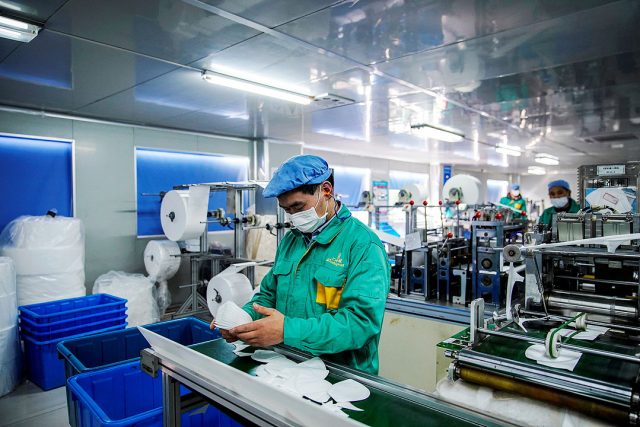Russian economy will not return to pre-war levels until 2030 – Scope
BERLIN – Russia’s economy is not likely to return to pre–war levels before the end of this decade as the Ukraine war and stricter sanctions worsen long-standing economic deficiencies, Scope Ratings said in a report seen by Reuters on Friday.
By the end of 2023, gross domestic product (GDP) will be about 8% below where output was in 2021, according to the credit rating watchdog’s forecast.
The Russian economy expanded by 4.7% in 2021, according to federal statistics service Rosstat. Read full story
After 2023, potential growth will drop to 1.0-1.5% a year from the 1.5-2.0% achieved before the war, the agency said.
“The Russian government, helped by the Bank of Russia, has used windfall export revenues to mitigate the immediate domestic economic impact of the war in Ukraine and sanctions, but the longer-term outlook has worsened,” said Scope analyst Levon Kameryan.
Accelerating capital outflows, limited access to Western technology and negative demographic trends will continue to hamper growth and compound the effects of the war and sanctions in the absence of any significant economic restructuring, according to the report.
About four times as much private capital – $64.2 billion – flowed out of Russia in the first quarter of 2022 alone compared with the same quarter last year, said the report.
The Scope report predicts that the private sector will withdraw more capital from Russia this year than the $152 billion pulled out in 2014, when Russia annexed the Crimea. – Reuters


